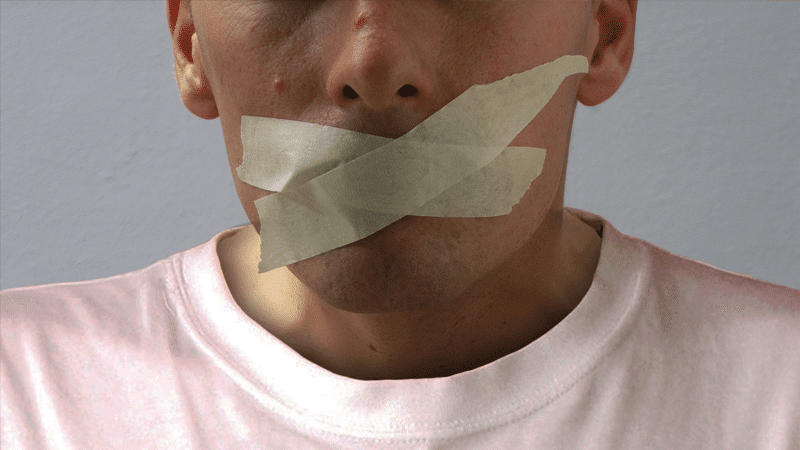The Christian Institute has welcomed the Justice Secretary’s willingness to compromise on one of the most controversial parts of his unpopular hate crime Bill, but warned there are many more changes to be made before free speech will be safe.
This afternoon, the Scottish Government agreed to raise the threshold of the ‘stirring up’ offences from behaviour ‘likely to stir up hatred’ to behaviour ‘intended to stir up hatred’.
However, other dangerous aspects of the Bill – including the threshold of ‘abusive’ words and the absence of crucial free speech clauses – remain unchanged.
Only a start
Responding this afternoon, the Institute’s Deputy Director for Public Affairs, Simon Calvert, said:
“Humza Yousaf has agreed to change one aspect of his unpopular hate crime Bill. This is a start and is welcome as far as it goes.
“But the criticisms levelled at the legislation by institutions and individuals across Scotland are much more far-reaching, and so more changes are needed.
He added: “Unless the Part 2 offences are amended further, they will continue to present a danger to freedom of speech.”
Multiple issues remain
Issues still remaining with the Bill include:
- Lack of clarity on how ‘hatred’ will be defined in a way that does not threaten freedom of speech.
- The threshold of ‘abusive’ words remains, leaving the ‘stirring up’ offences open to misuse.
- There is no free speech clause to allow criticism of transgender ideology.
- ‘Stirring up’ offence wording still means people could be convicted over private conversations in their own home.
Today, The Christian Institute has published a comparison between the Scottish Government’s hate crime Bill, as currently drafted, and the equivalent legislation for England and Wales.
Previous SNP support
The Westminster law on stirring up hatred on grounds of religion was radically trimmed back from the Bill proposed by Tony Blair’s Labour Government, thanks to the votes of SNP MPs.
The Commons voted for a series of radical amendments on 31 January 2006. This consisted of two votes which passed by 288 votes to 278 and 283 votes to 282.
The votes of SNP MPs were decisive. Of the SNP’s six MPs at the time, Alex Salmond, Angus MacNeil, Angus Robertson, Michael Weir and Stewart Hosie all voted to accept all the amendments.

